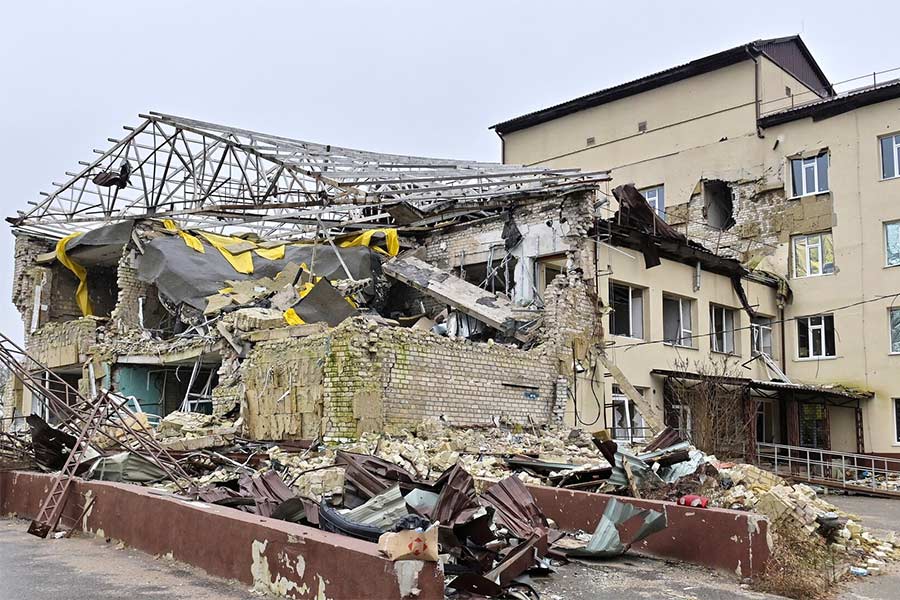Non-governmental organisations have urged the government to allocate 1 billion UAH for the Energy Efficiency Fund in the 2025 State Budget. Without state funding, the Fund’s operations are at risk, potentially halting support programs for housing reconstruction and energy modernisation of apartment buildings. A similar appeal has been supported and sent by 60 Ukrainian communities.
As stated in an open appeal to the government, the Energy Efficiency Fund is the only state mechanism for financing energy efficiency measures, which has already helped tens of thousands of Ukrainians reduce energy consumption and restore over 700 multi-story buildings damaged by russia. The Fund is financed through the state budget, as well as contributions from the EU and the German government at a ratio of 20% to 80%.
«If the state does not support the Energy Efficiency Fund in 2025, thousands of Ukrainian families will be left without the opportunity to insulate or restore their homes. This is not just about people’s comfort; it is a matter of national energy security. The more buildings become energy-efficient, the less pressure there is on the energy system, especially in the winter. This means less dependence on imported energy resources and stronger resilience against russian attacks. In the wartime, investments in energy efficiency are a strategic decision for the entire country», says Iryna Klymas, an energy policy expert at Ecoaction.
Currently, the Energy Efficiency Fund implements three key programs:
- Enerhodim – grants covering up to 70% of costs for energy modernisation of homeowners’ associations.
- VidnovyDIM – 100% funding for reconstruction war-damaged buildings.
- GreenDIM – support for homeowners’ associations in installing solar power plants and heat pumps.
Without state funding in 2025, the Fund will be forced to stop accepting new applications for these programs. Meanwhile, the European Commission is ready to consider additional contributions to the Fund but only if Ukraine ensures its own share of funding.
«Despite the war, people strive to restore and modernise their homes, but under current conditions, implementing such projects is extremely difficult. It is critically important to support homeowners’ associations and provide comprehensive assistance at all levels. The Energy Efficiency Fund has endured extremely challenging times without state funding while consistently providing grant support to homeowners; however, this cannot continue forever. Therefore, we appeal to the government to take action this year to replenish the Fund’s capital. We must not allow programs of the Fund to be suspended as this represents a sustainable move toward energy independence for both individual homes and the state as a whole. We need to be united in this process», emphasises Tetiana Boiko, coordinator of housing and communal programs at OPORA civic network.
Experts emphasise that investments in the Energy Efficiency Fund are helping not only to reconstruct destroyed housing but also reduce dependence on imported energy resources, cut carbon emissions, create jobs in the construction sector, and draw additional international investments.

